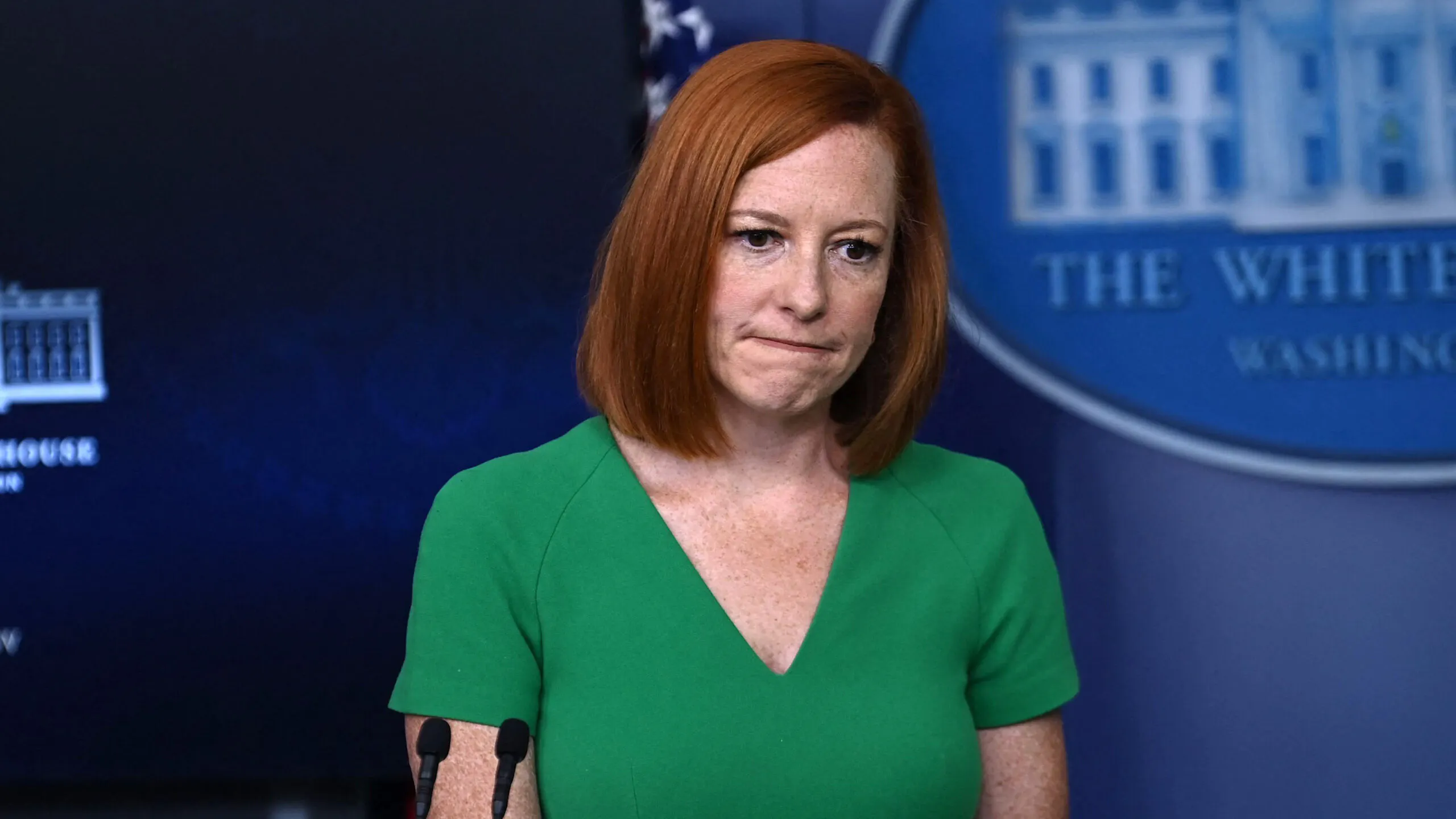White House Press Secretary Jen Psaki said on Friday that users “shouldn’t be banned from one platform and not others” if they post “misinformation online.”
Psaki made the remark when asked by a reporter about the administration’s efforts to push tech companies to crack down on what the Biden administration claims is online “misinformation.” Psaki also said that the administration also contacts media companies when they have a problem with something that media companies are reporting.
“So a couple of the steps that we have, you know, that could be constructive for the public health of the country are providing for Facebook or other platforms to measure and publicly share the impact of misinformation on their platform, and the audience it’s reaching, also with the public, with all of you, to create robust enforcement strategies that bridge their properties and provide transparency about rules, you shouldn’t be banned from one platform and not others, if you, for providing misinformation out there,” she said. “Taking faster action against harmful posts, as you all know, information travels quite quickly.”
WATCH:
Psaki doubles down on calls for censorship of "disinformation:"
"It should not come as any surprise we are in regular touch with social media platforms…and we want to know that the social media platforms are taking steps to address this." pic.twitter.com/YxIsFJ2iwg
— Benny Johnson (@bennyjohnson) July 16, 2021
TRANSCRIPT:
REPORTER: You went through kind of top line details on this yesterday, but can you elaborate a little bit on the Facebook … the administration to Facebook, flagging disinformation? And then there’s also some reporting that we’ve had that Facebook maybe hasn’t been as proactive as the White House would like it to be in response to some of the flags. And so is there a process of how flagging works, and then whether Facebook has been amenable to those requests?
PSAKI: Sure. Well, I would say first, it shouldn’t come as any surprise that we’re in regular touch with social media platforms, just like we’re in regular touch with all of you and your media outlets about areas where we have concern, information that might be useful, information that may or may not be interesting to your viewers, you all make decisions, just like the social media platforms make decisions, even though they’re a private sector company and different, but just as an example. So we are regularly making sure social media platforms are aware of the latest narratives dangerous to public health that we and many other Americans are seeing across all of social and traditional media. And we work to engage with them to better understand the enforcement of social media platform policies. …
REPORTER: And then has Facebook been as proactive as the White House would like in terms of its response to those flags?
PSAKI: Well, I think, as I noted yesterday, Phil, there is more, there are more steps that everyone can take. And I would just note again, this is a responsibility of officials speaking, of course, on behalf of the government, it’s the responsibility of members of the media. It’s the responsibility of citizens and civic leaders and people who are trusted voices in communities around the country, that has a broad definition, social media platforms is one of them. And as we know, it is also, they’re are also areas where a lot of people get news and information. Sometimes those are accurate news items reported by some of your outlets or accurate information shared by a neighbor. Sometimes there is information that is not, it is hard to discriminate, as we know, this is not a new issue. But it is an issue that is impacting people’s lives. So a couple of the steps that we have, you know, that could be constructive for the public health of the country are providing for Facebook or other platforms to measure and publicly share the impact of misinformation on their platform, and the audience it’s reaching, also with the public, with all of you, to create robust enforcement strategies that bridge their properties and provide transparency about rules, you shouldn’t be banned from one platform and not others, if you, for providing misinformation out there. Taking faster action against harmful posts, as you all know, information travels quite quickly. If it’s up there for days and days and days, when people see it, you know, there’s it’s hard to put that back in a box. And of course, promoting quality information algorithms. I don’t know how they work, but they all do know how they work. So those are some of the steps that we think could be constructive for public health, for public information for public and you know, the right of the public to know. Go ahead.

.png)
.png)

